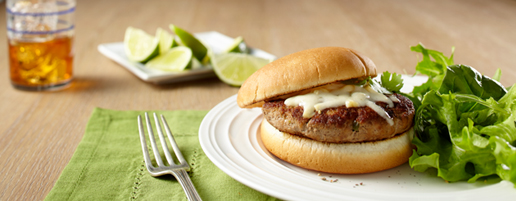
Managing Your Kidney Diet
Living with kidney disease likely means changing some of your basic ideas about food and nutrition. To help you stay as healthy as possible, you may have to focus on what you eat and drink in a whole new way. The good news is that taking control of what you eat—and how much—can have a positive impact on your overall health and how you feel.
Learning how to eat well with kidney disease
There are some kidney diet basics that are different for earlier stages of kidney disease than they are for end stage renal disease (ESRD). While limiting protein intake in stages 1-4 of kidney disease is key to avoid stressing your kidneys, it’s important to increase protein amounts in your diet once you’re on dialysis. Understanding the CKD stages and how nutrition affects your body can help you take the best care of your health.
Knowing what to limit and when
As you get used to your diet for kidney disease, you’ll learn to automatically watch out for certain nutrients that can affect your health and how you feel. On a kidney friendly diet, it’s important to eat fresh, limit foods with added salt or phosphate additives and choose foods that will keep your potassium balanced.
Lean on your dietitian
Your dietitian is a go-to guide for eating well with kidney disease. He or she can help you understand the basics of nutrition and give you tips and tricks for healthy kidney disease diet planning or dialysis diet planning. Your dietitian can also teach you how to simplify grocery shopping and make it easier to make smart choices. Best of all, your dietitian can recommend recipes and dishes based on your favorite foods and flavors.

Kidney-friendly cooking just got tastier! Get big-and-bold flavorful recipes for breakfasts, lunches, dinners, snacks and desserts on a kidney diet.
